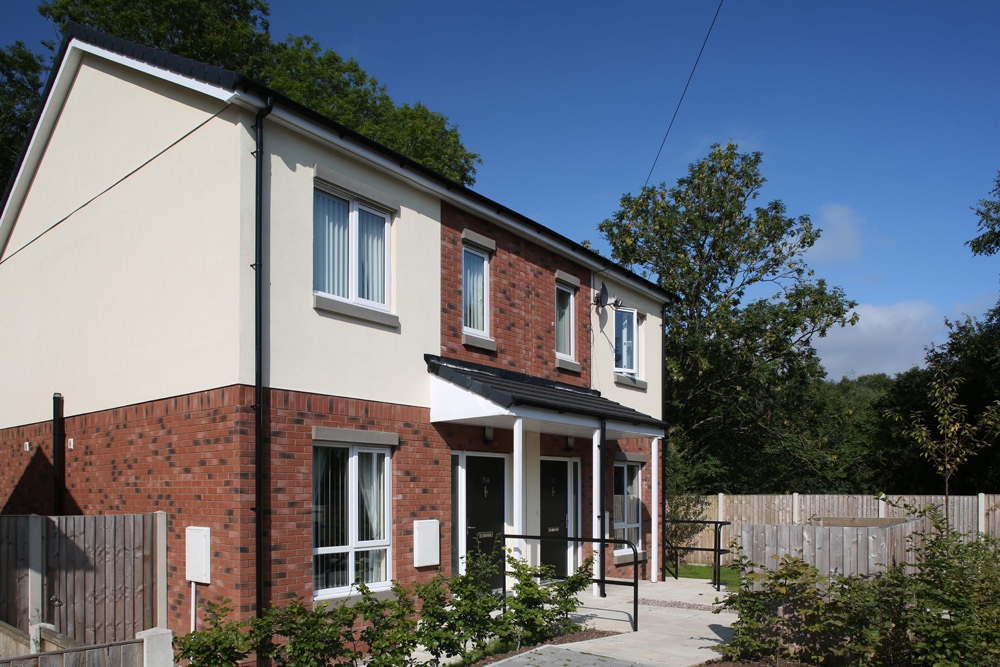
Phil Parks of Willerby Special Projects discusses the off-site solution to the starter homes conundrum.

The Government’s announcement of a two-tier financial cap on starter homes has added a new dimension to the UK housing crisis, and offsite construction can play a key role in providing a solution. To tackle the shortage of affordable homes across most sectors of the market, the new Housing and Planning Bill aims to give social landlords the opportunity to sell their housing stock to tenants, providing they replace each property with a new, affordable home to boost housing stock nationally.
There will be a cap of £450,000 on starter homes in London, and £250,000 elsewhere in the UK, but there is a genuine concern that high demand will lead to small, poor quality homes being created. Analysts are also predicting that the new bill will lead to new starter homes being created instead of affordable rent properties, leaving the UK with a decreasing number of affordable rent properties and pushing tenants into the private rented sector. This could leave rental tenants worse off than they already are.
The answer seems simple: build lots of houses of all types, to increase supply and dampen the market. This might be fine for individuals who can currently buy and rent on the open market, but what about families and individuals on low pay who, even with a static market, would still be left unable to own a property in their lifetime?
To create affordable homes that are fit for purpose and meet the needs of buyers and rental tenants, local authorities and housing associations should be considering forming institutional investment partnerships with house manufacturing companies. Through these structures, the authority invests land for the development of the housing so the council does not have to raise separate finance, and the manufacturer invests in a local factory bringing employment to the area along with its manufacturing skillset.
Quality of build
Factory manufacture offers a generally better quality of build and a faster delivery and can remain competitive for smaller volume build orders. When manufacturers are building thousands, the costs tumble, and the new Housing and Planning Bill could lead to such high volume orders.
Off-site build will ensure high quality homes are delivered quickly. Manufacturing houses in a factory, where employees are safer and working conditions are better, will lead to higher quality homes and a growth in stable UK construction jobs. We have the land and materials to minimize our carbon footprint and nurture a sustainable supply chain by using timber.
Through institutional investment partnerships with house manufacturing companies, joint ventures can develop housing based upon need rather than profit, while closely monitoring quality and creating homes that help to deliver a better quality of life for inhabitants. By building open market, full tenure homes and then cross-subsidising, it gives the newly formed companies the capability to build homes that can be affordable in perpetuity, whether that be in a rented or shared ownership model.
The companies can develop areas and schemes that traditional developers would consider unprofitable, whilst also bringing employment into the community via new factories.








